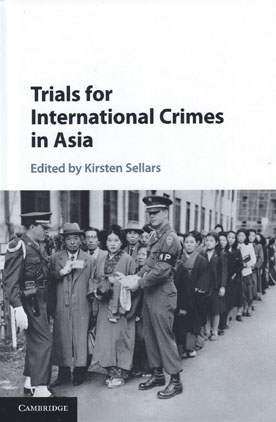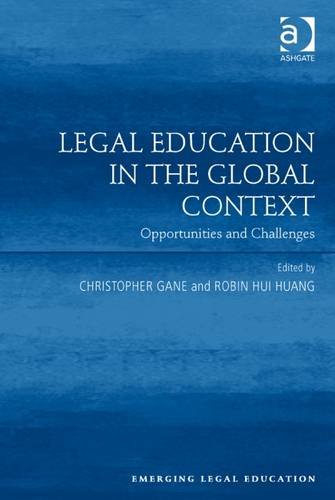 Professor Kirsten Sellars’ new book – Trials for International Crimes in Asia
Professor Kirsten Sellars’ new book – Trials for International Crimes in Asia
The issue of international crimes is highly topical in Asia, with still-resonant claims against the Japanese for war crimes, and deep schisms resulting from crimes in Bangladesh, Cambodia, and East Timor. Over the years, the region has hosted a succession of tribunals, from those held in Manila, Singapore and Tokyo after the Asia-Pacific War to those currently running in Dhaka and Phnom Penh. This book draws on extensive new research and offers the first comprehensive legal appraisal of the trials for international crimes in Asia by leading specialists in the field.
As well as the famous tribunals, it also considers lesser-known examples, such as the Dutch and Soviet trials of the Japanese, the Cambodian trial of the Khmer Rouge, and the Indonesian trials of their own military personnel. It focuses on their approach to the elements of international crimes, and their contribution to general theories of liability. In the process, this book challenges some orthodoxies about the development of international criminal law.
Draws on extensive hitherto unpublished archival research from around the world, including Russia, China, India, the Netherlands, the United States, Britain, France, Australia and New Zealand.
Examines the trials from a variety of perspectives, focusing on the context in which they were held, trial planning, framing of the charges, prosecutorial and defence arguments, conduct of the trials, judgements and sentences, and the trials’ legacy in international criminal law.
Further details about the book can be found here.
 A new book co-edited by Professor Christopher Gane and Professor Robin Huang – Legal Education in the Global Context: Opportunities and Challenges
A new book co-edited by Professor Christopher Gane and Professor Robin Huang – Legal Education in the Global Context: Opportunities and Challenges
This book discusses the opportunities and challenges facing legal education in the era of globalization. It identifies the knowledge and skills that law students will require in order to prepare for the practice of tomorrow, and explores pedagogical shifts legal education needs to make inside and outside of the classroom.
With contributions from leading experts on legal education from various jurisdictions across the globe, the work combines theoretical depth with practical insights, concluding that law schools can, and must, adopt educational strategies that at least present students with different understandings of what studying and practicing law is meant to be about. The contributors find that law schools need to offer their students choices, a vision of practice that is not driven entirely by the demands of the marketplace or the needs of major international law firms.
Further details of the book can be found here.